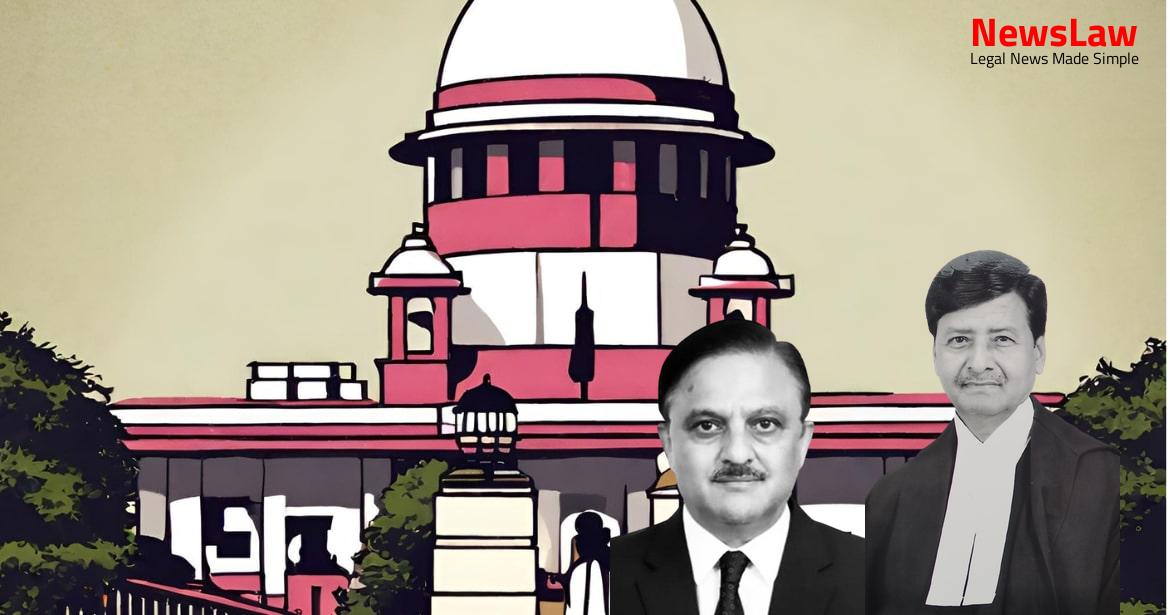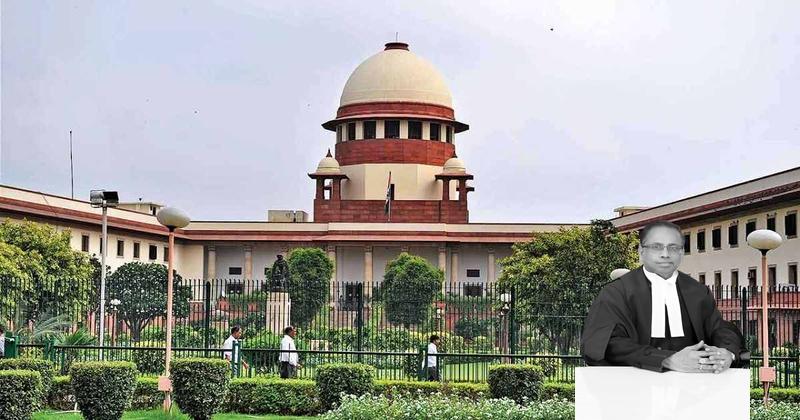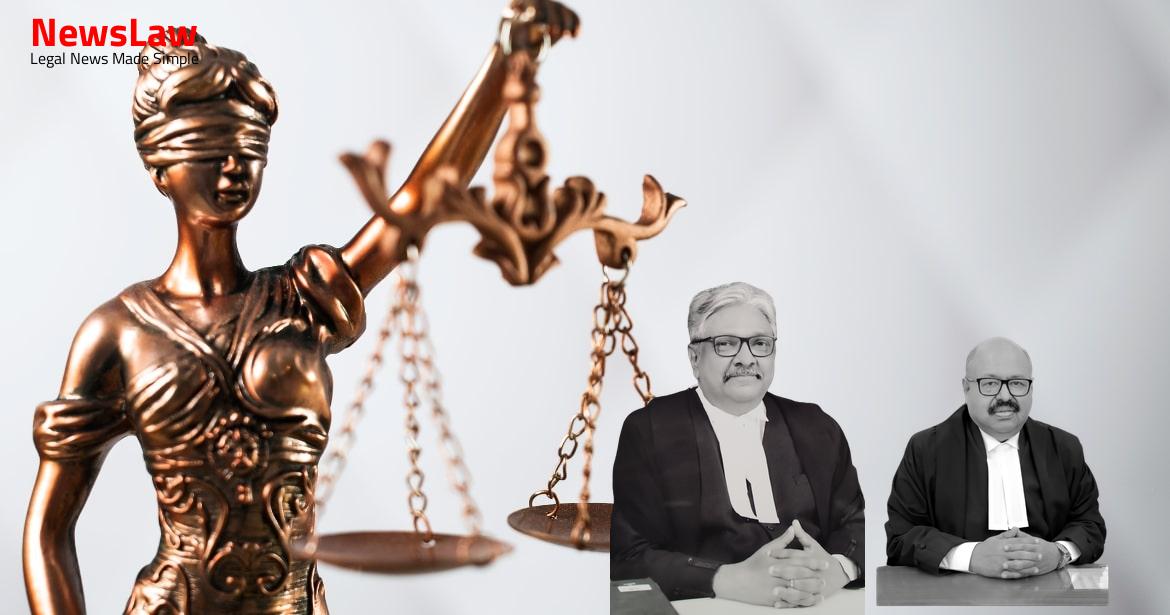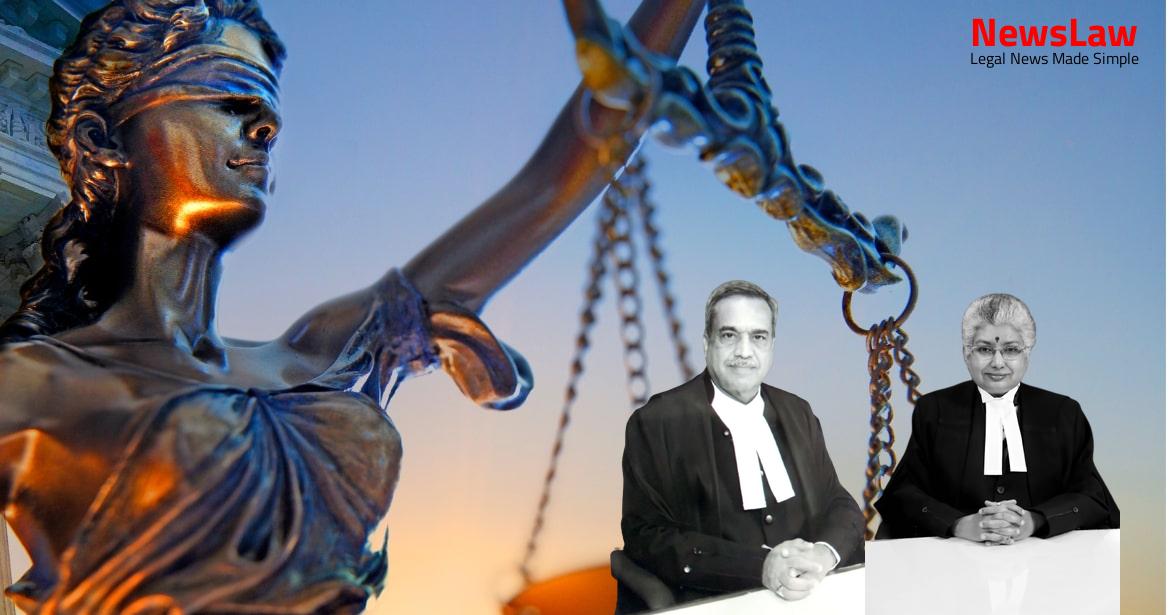The legal case discussed in this summary focuses on the court’s in-depth analysis of juvenile justice issues and the reinstatement of an individual whose appointment was canceled due to non-disclosure of a past criminal case. The court explored the implications of the appellant’s juvenile status during the criminal case, emphasizing the significance of providing a fair opportunity for justification. The court’s decision highlights the importance of considering special circumstances, especially pertaining to juveniles, in employment matters.
Facts
- Appellant was selected for training at Police Recruit Training Centre, Hoshiarpur in October 2014.
- Joined training on 1 November 2014.
- Appointment canceled on 19 February 2015 due to non-disclosure of criminal case from 1997.
- Filed writ petition challenging cancellation in High Court of Allahabad under Article 226 of the Constitution.
- Single Judge considered appellant’s juvenile status during the 1997 criminal case and order of discharge in 2001.
- Order of cancellation set aside on 20 January 2016 with directions for reconsideration.
- Appellant was a juvenile during the 1997 case involving forged caste certificate.
- The appellant moved an application seeking discharge after a charge-sheet was filed against him.
- The learned ACJM found that the prosecution failed to collect sufficient evidence against the appellant.
- As a result, the appellant was discharged from the alleged offenses by an Order dated 15 December, 2001.
- Almost a decade later, an advertisement was published by the respondents for recruitment and selection of constables in Railway Protection Force on 23 February, 2011.
- The Division Bench of the High Court in 2011(14) SCC 709 set aside the judgment of the learned Single Judge and allowed the appeal by an Order dated 6 May, 2016.
Also Read: Admission Deadline Adherence in Medical Courses
Arguments
- Appellant’s date of birth in school records is 15 July, 1985
- At the time of criminal case in 1997, he was 12 years old
- Appellant was discharged in 2001 as no evidence proved the charges against him
- In 2011, the appellant applied for a job and truthfully answered questions on prosecution or arrest
- His appointment was cancelled in 2015, citing misrepresentation, which was unfounded
- The appellant’s date of birth in school records is confirmed as 15 July, 1985, establishing him as a juvenile when a criminal complaint was filed against him in 1997.
- The appellant failed to disclose the criminal case against him in the attestation form, which was the basis for the cancellation of his appointment.
- The Division Bench upheld the cancellation citing material concealment by the appellant.
Also Read: From Nominee to Disqualified: Supreme Court Scrutinizes Age Evidence, Declares Election Invalid
Analysis
- The appellant was involved in a criminal case as a juvenile and was discharged by the court of competent jurisdiction.
- The appellant’s candidature was canceled by the authorities despite the special circumstance of being a juvenile at the time of the incident not being considered.
- The Division Bench failed to acknowledge the appellant’s juvenile status during the legal proceedings.
- The nature of information not disclosed by the appellant was considered a suppression of material information in the attestation form filled by him.
- Information provided to the employer by a candidate regarding criminal history must be true, before or after entering service.
- Employer discretion on trivial convictions versus non-trivial ones may lead to cancellation of candidature or service termination.
- Acquittal in cases of moral turpitude or serious offenses may result in continued employment.
- Verification forms must be specific for determining suppression or false information.
- Any changes in detention, arrest, prosecution, bond, fines, conviction, debarment, acquittal, etc., after form submission must be immediately reported to the Union Public Service Commission or relevant authority
- Failure to report changes will be considered suppression of information
- Furnishing false information or suppressing facts may lead to termination of services
- Summarized conclusions were provided in para 38 of the judgment
- Various decisions of the Court were discussed
- Detailed discussions were undertaken before reaching the conclusions
- The appellant was not initially inclined to receive consequential benefits due to the appellant’s lack of work after termination.
- The appellant was never at fault, and no reasonable opportunity was given to him to justify his case.
- Authorities failed to consider that the appellant was a juvenile during the mentioned incidents.
- The authorities did not notice the peculiar facts of the case while exercising discretion.
- The Division Bench’s finding of suppression of material information was deemed unsustainable and requires to be set aside.
Decision
- The appeal has been allowed and the pending application(s) have been disposed of.
- The appellant is to be reinstated within one month and receive consequential benefits within two months.
- No costs are to be incurred by the appellant.
- The orders cancelling the appointment and the High Court judgment are quashed and set aside.
- The respondents are directed to reinstate the appellant with all consequential benefits.
Case Title: UMESH CHANDRA YADAV Vs. INSPECTOR GENERAL AND CHIEF SECURITY COMMISSIONER . (2022 INSC 251)
Case Number: C.A. No.-001964-001964 / 2022



